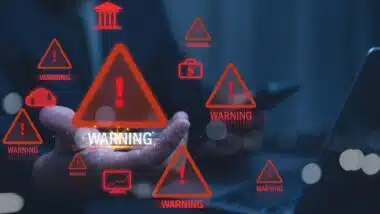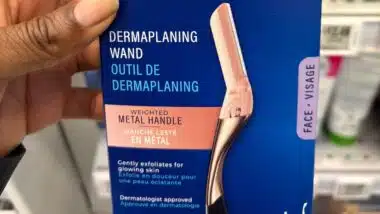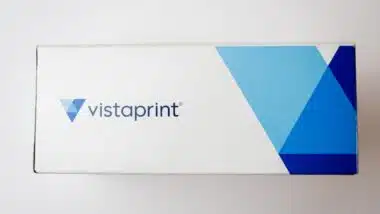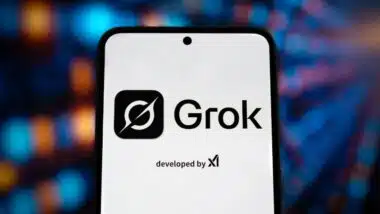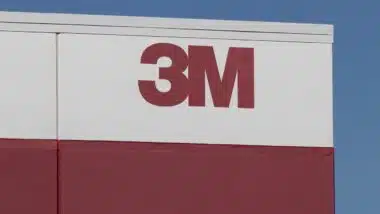How CROA violations affect consumers and how to take action

Did a credit repair, debt consolidation or debt settlement company make false promises or charge you before providing services? You may have a legal claim under the Credit Repair Organizations Act. Fill out the form to see if you qualify for a credit repair class action lawsuit.
If you are struggling with debt, you may have sought professional help. Unfortunately, some credit repair, debt consolidation and debt settlement companies use deceptive tactics to attract customers, including making false promises and charging for services they never provide — leaving individuals in worse financial shape.
The Credit Repair Organizations Act (CROA) was created to protect consumers from these fraudulent practices. The law sets strict rules for debt consolidation and credit repair companies, banning upfront fees and misleading promises.
Common CROA violations include:
- Promising services that cannot be legally performed
- Making verbal promises that contradict the written contract
- Claiming they can change accurate information on your credit report
- Charging for services that are never delivered
- Billing fees before performing any services
- Failing to provide a written contract at the time of hire
Despite these regulations, some companies continue to operate in allegedly deceptive ways. If you have been harmed, you may be eligible to join a credit repair class action lawsuit. A qualified attorney can help hold these companies accountable and seek compensation for your financial losses.
Do you qualify?
If you hired a debt consolidation company, credit repair company or debt settlement company within the past 4 years, you may be able to take part in a credit repair class action lawsuit investigation. If you worked with any of the following companies, please share your story using the form on this page:
- Americor Funding, LLC
- Beyond Finance
- ClearOne Advantage, LLC
- Freedom Debt Relief
- National Debt Relief
- United Credit Education Services (UCES)
Fill out the form on this page for more information.
The law firm responsible for the content of this page is: Atlas Consumer Law; Lombard, IL; 312-313-1613; atlasconsumerlaw.com.
What is the Credit Repair Organization Act, and what protections does it offer?
The Credit Repair Organizations Act (CROA) is a federal law designed to protect consumers from deceptive practices that may be used by some credit repair companies. It sets clear rules to ensure these organizations operate with transparency and accountability.
CROA protects consumers by:
- Banning upfront fees: Companies cannot charge for services before performing them. Fees can only be billed monthly or per correction.
- Requiring written contracts: Every client must receive a clear agreement outlining services and terms.
- Preventing false promises: Credit repair companies cannot mislead clients or guarantee results they are not legally able to deliver.
In short, CROA ensures that credit repair organizations operate fairly and that consumers are protected from unethical practices.
How do CROA violations impact consumers?
Many people who turn to credit repair companies are already struggling with poor credit or financial hardship. Unscrupulous companies may exploit this vulnerability by charging high fees for services they never intend to deliver.
These deceptive practices can leave consumers in worse financial shape and, in severe cases, may even lead to identity theft if personal credit information is misused.
Recovering from debt consolidation or credit repair fraud can be challenging, but seeking help from a qualified attorney is a crucial first step in the process. Victims of CROA violations may be eligible to join a credit repair class action lawsuit and pursue compensation for financial harm.
How to join a debt consolidation company lawsuit
If you worked with one of the companies listed below and believe you experienced a CROA violation, you may be eligible to take part in a class action lawsuit seeking compensation.
- Americor Funding, LLC
- Beyond Finance
- ClearOne Advantage, LLC
- Freedom Debt Relief
- National Debt Relief
- United Credit Education Services (UCES)
As a first step, please share your experience using the form on this page. A legal representative will review your information and may contact you with more details.
Fill out the form on this page to see if you qualify for a free case evaluation.
See If You Qualify
Find out if you qualify for a credit repair class action lawsuit
Answer a few quick questions to see if you may be owed money for illegal credit repair or debt-relief fees.
After you fill out the form, the attorneys who work with Top Class Actions may contact you to discuss your legal rights.
ATTORNEY ADVERTISING
The choice of a lawyer is an important decision and should not be based solely on advertisements.
PAID ATTORNEY ADVERTISEMENT: THIS WEB PAGE IS AN ADVERTISEMENT AND THE PARTICIPATING ATTORNEY(S) ARE INCLUDED BECAUSE THEY PAY AN ADVERTISING FEE. Top Class Actions is not a law firm, lawyer referral service, or prepaid legal services plan. We do not endorse or recommend any third-party claims processing company, lawyer, or law firm who participates in the network. We do not make any representation, and have not made any judgment, as to the qualifications, expertise, or credentials of any participating lawyer or processing group. No representation is made that the quality of the legal services or claims processing to be performed is greater than the quality of legal services or claims processing performed by other lawyers or claims processing group. The information contained herein is not legal advice. Any information you submit to Top Class Actions does not create an attorney-client relationship and may not be protected by attorney-client privilege because Top Class Actions is not a law firm. Instead, your information will be forwarded to an attorney(s) or their agent(s) or a claims processing firm for the purpose of a confidential review and potential representation if you qualify. You will only be contacted by an attorney(s) or their agent(s) in response to your inquiry if your initial information appears to qualify you for representation. If you are not contacted by an attorney(s) or their agent(s) within one week, you should consult another firm since all legal claims are subject to filing deadlines. All photos on this website are stock art and do not depict clients.

